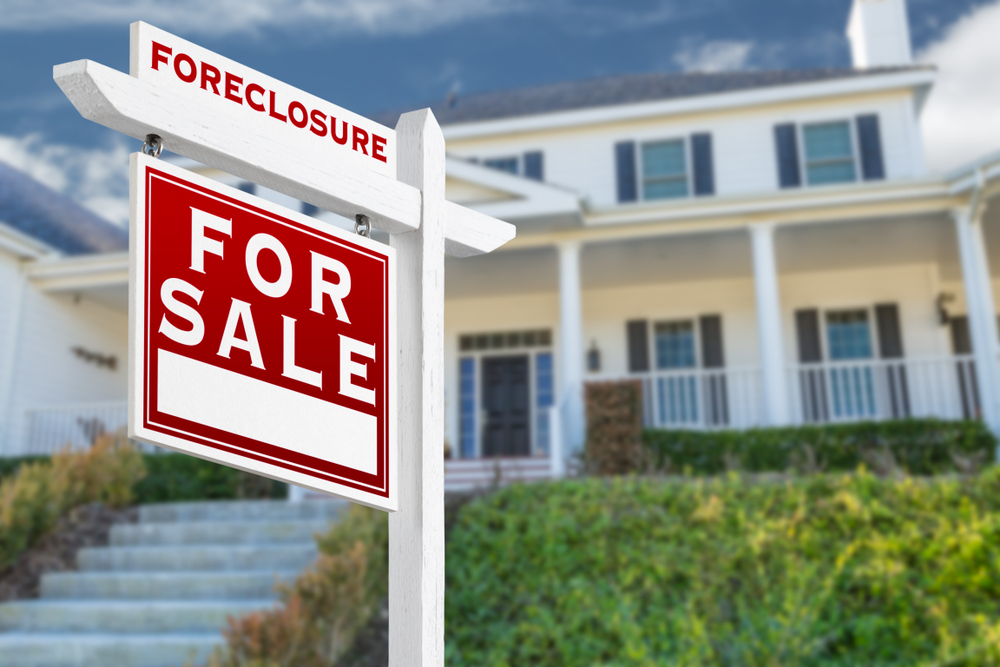Some people are quite unlucky and they suffer from foreclosing, which can be disastrous financially. Even if the situation feels insurmountable for you, there are always steps that you can take. Your life is not over and you can actually buy a new house again in the near future. Even so, it takes a heavy duty strategic plan to deal with the current financial dilemma. Here are things that you should do:
- Figure out the reasons: First things first, you should know why foreclosure can happen. It could be due to divorce, job loss, uncontrolled spending, failing business and various unforeseeable situation. So, it is obvious that you should get your level of income on track. If your current job can’t provide an adequate level of income, then you need to look for alternatives.
- Create a workable budget: Even if you already have a budget, it is possible that it’s not doable. Make sure that your budget captures all details. You may use common spreadsheet programs, such as Excel and Quicken. Make sure that you identify all expenses for the whole month. Any leftover money that you have should be allocated for debt payments and savings.
- Use the 80/20 rule for leftover: 80 percent of what’s leftover should be allocated for the savings account. This can be used for the down payment of your future mortgage. Higher down payment will allow you to reduce the monthly mortgage payment. The rest of the money should be used for other savings. In short, don’t stop saving. As an example, if you late paying the creditor in your next mortgage, you could use the money you saved.
- Analyze your annual credit report: Foreclosure will significantly lower your credit score, but it’s not the end of everything. Major credit reporting agencies allow you to get one free report annually. Check your credit report and dispute anything that’s not appropriate. As an example, your credit score can be lower than it should, due to a few things that didn’t do. See your credit score as a fresh start and have a goal to gradually increase it.
- Pay in full: After foreclosure, you still have some financial obligations. Always pay your bills in full to avoid reducing your credit score further. If you fail to meet your payment, your condition will become worse and you may need to file for bankruptcy, which is a more severe situation than losing your house through foreclosure.
- Be careful when applying for a new credit: An effective way to raise your credit score is to apply for a bad credit loan and always pay in time. It’s quite obvious that you will accept for higher interest rate, because your recent foreclosure is considered as a financial risk. Before you apply for a loan, you should research it properly. Check all associated fees, like over the limit fees, late fees, maintenance and application fees. Once you receive your loan, you should be fully committed to repay your debts. Once your credit scores reach an acceptable level, you can start applying for a new mortgage.



